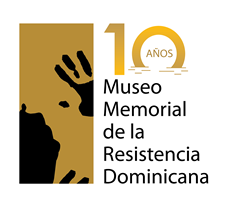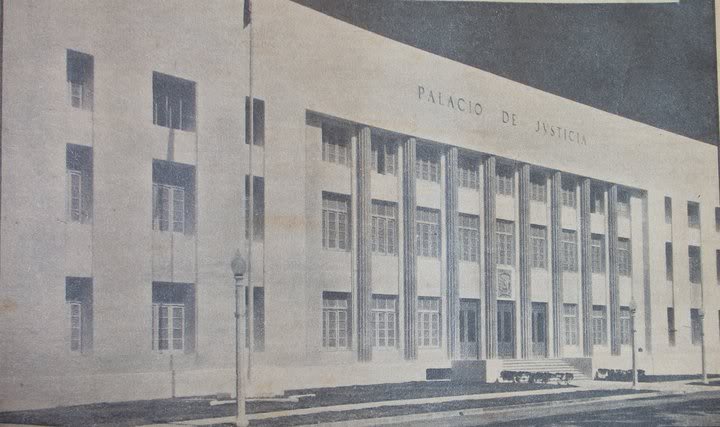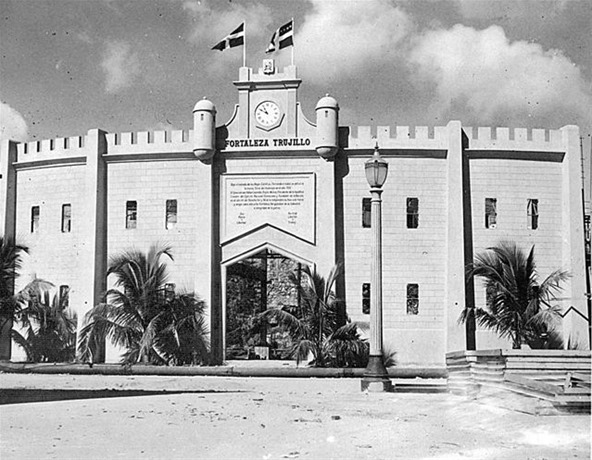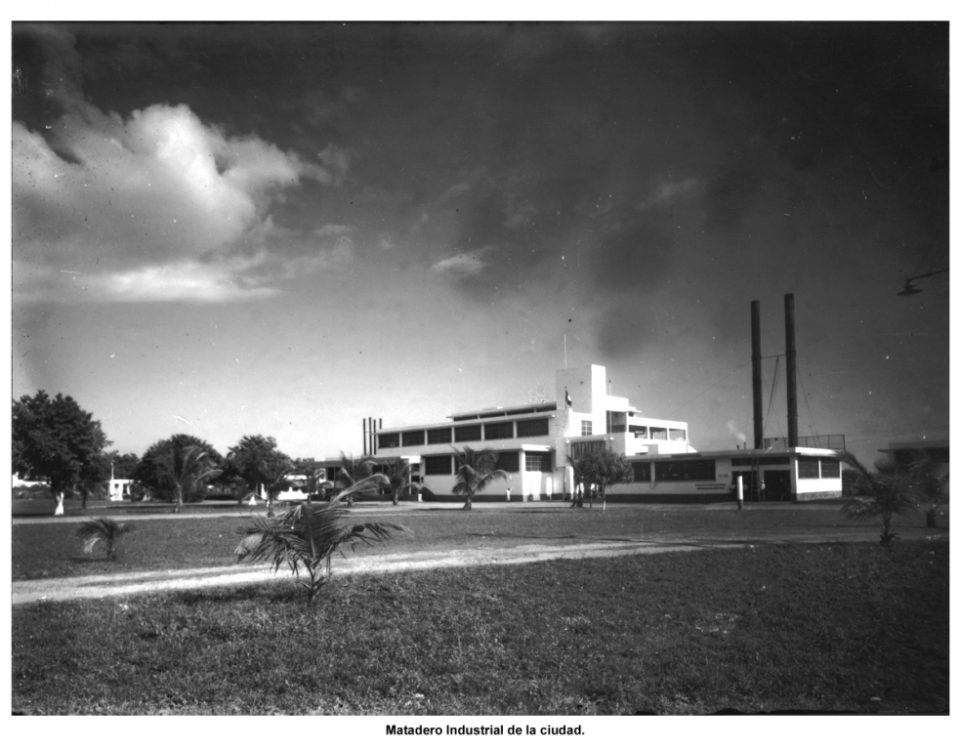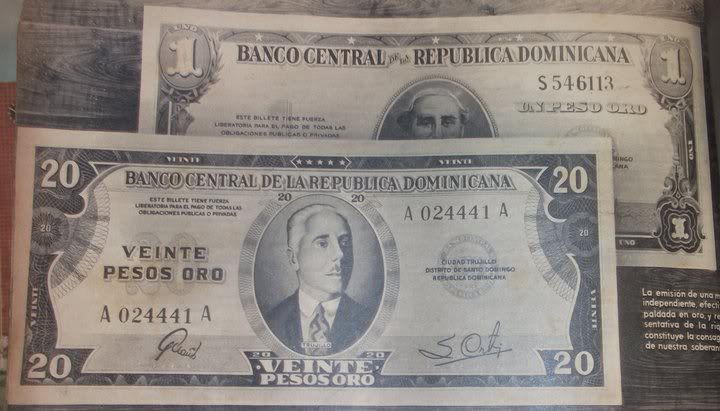The Myth of Justice in the “Era of Trujillo”.

The Armed Forces Myth
February 24, 2017
Magaly Pineda
March 2, 2017By organizing the fraudulent electoral process that allowed him to achieve the Presidency of the Republic in 1930, forcing the abstention of the opposition party through the use of violence, the dictator Rafael L. Trujillo monopolized the control of the Congress of the Republic and at the same time the absolute control of the judicial apparatus.
From then on, within the absolutist order established by the tyrant, all judges and prosecutors, and even the members of the judicial administrative team, including the bailiffs, were always faithful to the political creed of the tyranny. All of this was in accordance with the clear warning expressed in one of his early speeches, where he said: “I will always govern with the men of the party”. That is, of the Dominican Party founded in 1931, the only one allowed during the long tyranny. Membership in that organization was mandatory for every public office, even the most insignificant.
It is worth noting that during the “Era of Trujillo”, the Constitution of the Republic was modified seven times: 1934, 1942, 1947, 1947, 1955, 1959 and twice in 1960. All these constitutional modifications, as occurred with many laws, obeyed the personal or political interests of the tyrant.
In the first modification of the last year mentioned above, it was established as a requirement to be a Dominican by birth, son of a Dominican father and mother. This modification was approved to prevent Professor Bosch, whose father and mother were foreigners, from becoming President of the Republic. In the second one, the age required to be president was reduced to only 25 years old, in order to favor the possible nomination of his son Ramfis to that position. One of the tyrant's greatest desires that he could not achieve.
To further guarantee the loyalty of the judges to the dictates of the government (as was the case with deputies and senators), all persons appointed to important positions in the judicial apparatus, according to Jesús Galíndez, signed their letter of resignation without date at the time of their appointment. In this way, the public official could find out that he had “resigned” the day he least expected when he read that information in the pages of the official newspaper. Many judges and public officials found out about his resignation while working in their offices.
Within Trujillo's dictatorial order, not even his closest collaborators were safe from the “judicial” arbitrariness ordered by Trujillo. For example, Anselmo Paulino, the man who enjoyed the greatest confidence of the dictator, several times Secretary of State, appointed by general decree of the army, administrator of the Río Haina sugar emporium, on May 1, 1956, accused of tax evasion (the most common crime among the dictator's associates and their relatives), was sentenced to ten years of public works and the return of his assets. After almost a year in jail and humiliations, he was pardoned and deported.
Let us also add that within the “criminal division of labor” created by Trujillo and his relatives, one of his brothers, Amable Romero, a.k.a. Pipi, specialized in the sale of sentences, results that he obtained for his favored parties through blackmail and direct pressure on judges. The practice of law was particularly difficult in the dictatorial environment, since the defense of a case that could affect the interests of Trujillo, a family member or a high-ranking civil or military official, often involved dangerous risks.
In addition, many young law professionals, considered to be disaffected with the regime, were prevented from practicing their professions because the Executive Branch did not grant them the corresponding exequatur. In order to obtain their exequatur, many young lawyers were forced to participate as speakers in political activities of the Dominican Party, where they were forced to genuflect and exalt the figure of the tyrant.
